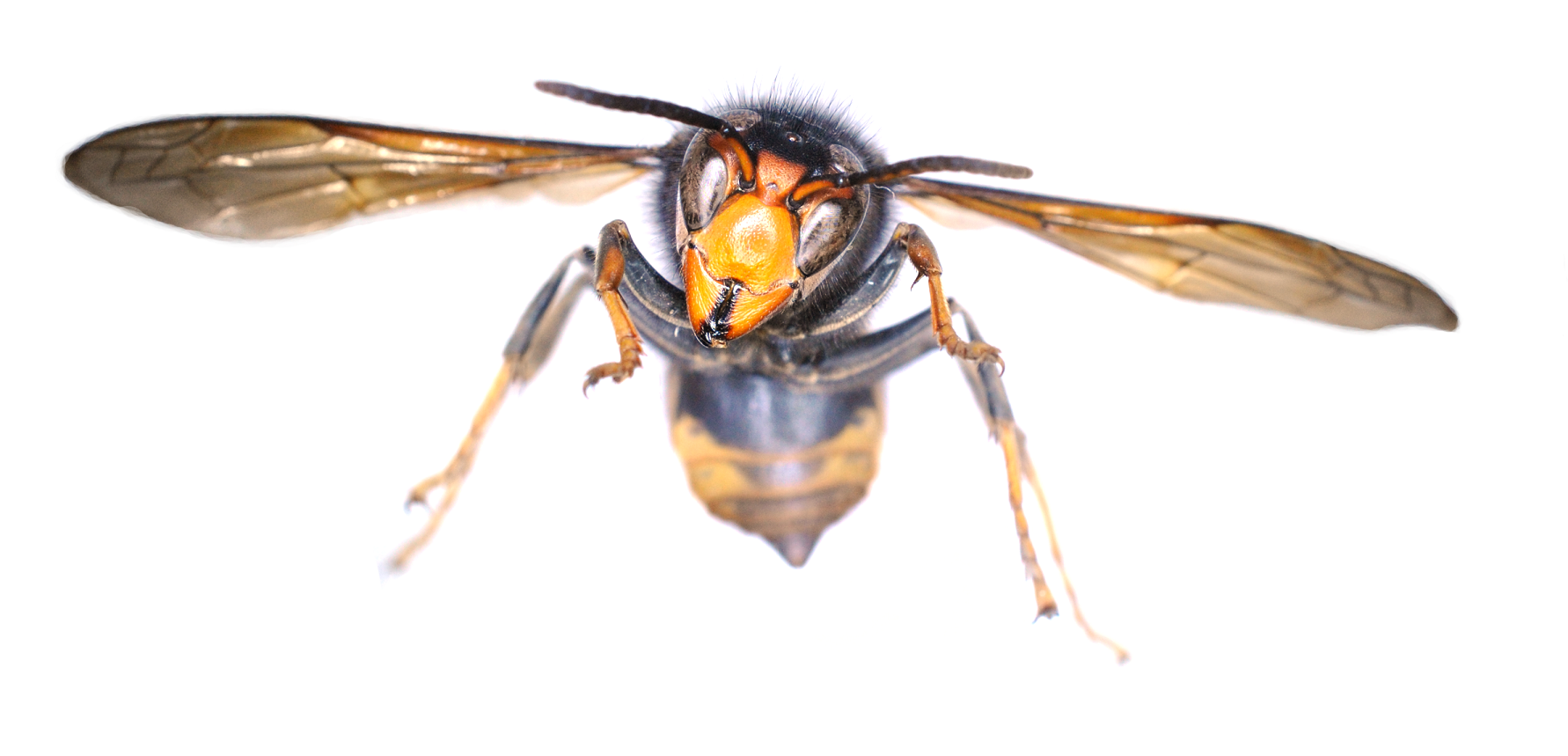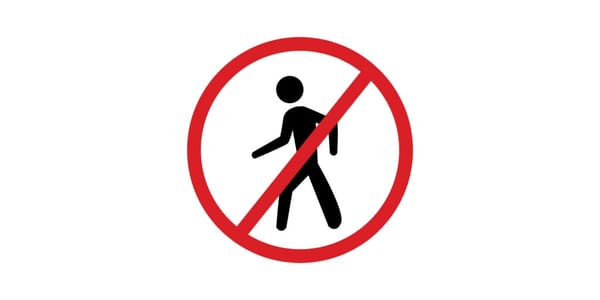Asian Hornet Confirmed in Cork as Government Launches Emergency Taskforce
Public urged to report sightings to protect Irish bees from invasive threat.

- A biosecurity alert has been triggered after an Asian Hornet was captured in Cork on Monday, marking only the second confirmed sighting of the invasive species in Ireland and prompting the establishment of a cross-government taskforce to coordinate the response.
The National Parks and Wildlife Service confirmed today that a member of the public's report of the yellow-legged hornet has led to the capture of one individual on 12 August, following intensive surveillance in the Cork area. The discovery has sparked immediate action from authorities, with the newly formed Asian Hornet Management Group now leading efforts to determine whether this represents an isolated incident or evidence of a larger population.
The invasive species poses a devastating threat to Ireland's bee populations, with experts warning that a single Asian Hornet nest can decimate local honeybee colonies. However, officials stress that the hornets do not present a significant public health risk to humans.
Minister Christopher O'Sullivan TD, Minister of State for Nature, Heritage and Biodiversity, said: "Asian Hornets are a threat to our native pollinators and our biodiversity. We must take even a single sighting very seriously. NPWS responded quickly to this report, with a team of experts rapidly tasked to monitor and survey the area."
The minister praised the vigilance of the member of the public who reported the sighting through the National Biodiversity Data Centre's website, emphasising that early detection remains crucial in preventing the establishment of this invasive species.
The sighting was initially reported with photographic evidence, which entomologists at both the National Museum of Ireland and NPWS confirmed as an Asian Hornet. This triggered a rapid response protocol, with survey teams deployed immediately to conduct extensive monitoring and surveillance of the area.
Following days of intensive searching, the team successfully trapped an Asian Hornet on Monday. No evidence of a nest or additional hornet activity has been found yet, but monitoring will continue for several weeks to ensure this was an isolated incident.
The Asian Hornet Management Group, chaired by NPWS, includes representatives from the Department of Agriculture, Food and the Marine, the National Biodiversity Data Centre, and the National Museum of Ireland. The taskforce will coordinate ongoing surveillance efforts and public awareness campaigns.
Áinle Ní Bhriain, Director of EU and International Affairs at NPWS and chair of the new taskforce, said: "NPWS and our partners have acted quickly to investigate the reported sighting of this species. An effective rapid response and public awareness is key to our approach."
Local beekeeping associations have been briefed and are actively participating in monitoring efforts, recognising the severe threat these hornets pose to their hives. Survey teams have also engaged extensively with businesses and communities in the affected area to raise awareness about identifying the species.
This marks only the second verified identification of Asian Hornets in Ireland. The first was a single individual found in Dublin in 2021, which was not associated with any wild population. The species was first identified in Europe in southwest France in 2004, thought to have arrived in a pottery shipment from China, and has since spread across several EU countries.
The Asian Hornet can be easily confused with native species such as the giant woodwasp, the dark giant horsefly, and the common wasp. Members of the public are urged not to attempt to disturb or capture any suspected hornets, as they may sting if provoked.
Cork residents are being asked to remain vigilant and report any suspected sightings through the National Biodiversity Data Centre's Alien Watch portal at https://records.biodiversityireland.ie/record/invasives, including photographs where possible. Location coordinates and any safely collected post-mortem samples are particularly valuable to response teams.
With ongoing control efforts in the UK to prevent the species establishing there, and populations already recorded in the United States, Ireland's rapid response to this Cork sighting could prove crucial in preventing the Asian Hornet from gaining a foothold on the island.
The coming weeks will be critical as surveillance teams continue their work across Cork, hoping this capture represents an isolated incident rather than the vanguard of an invasion that could devastate Ireland's pollinator populations.

